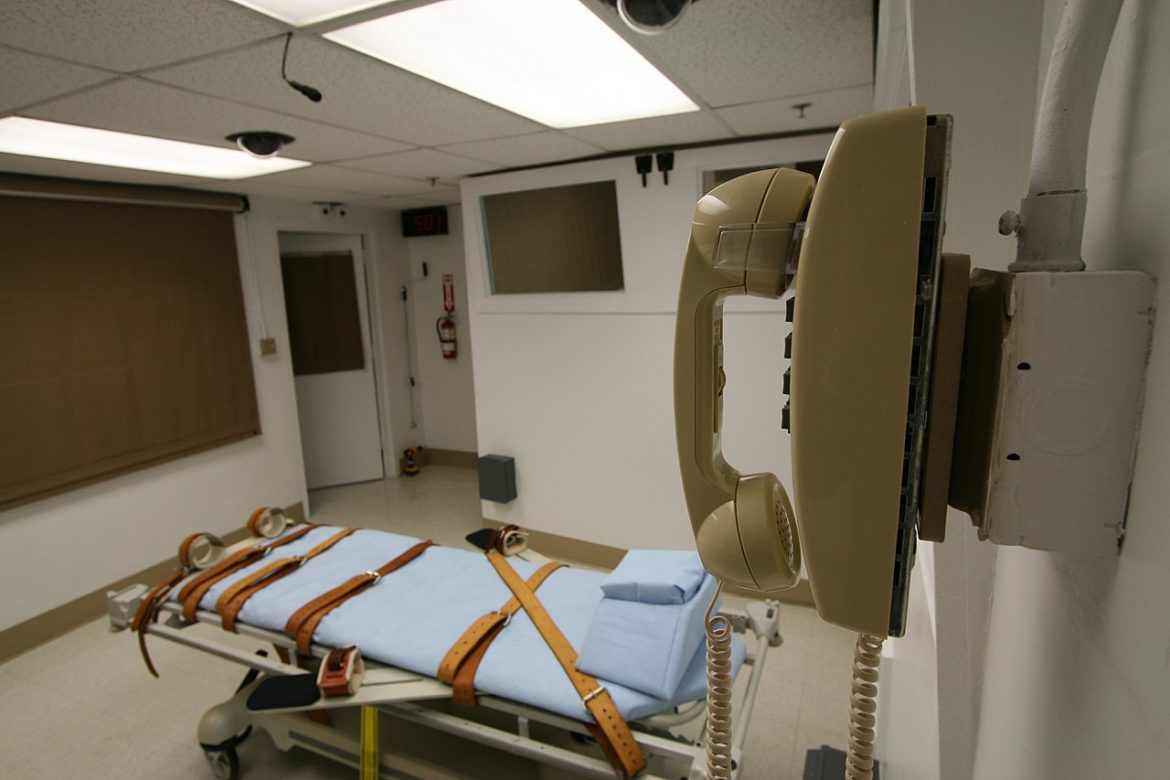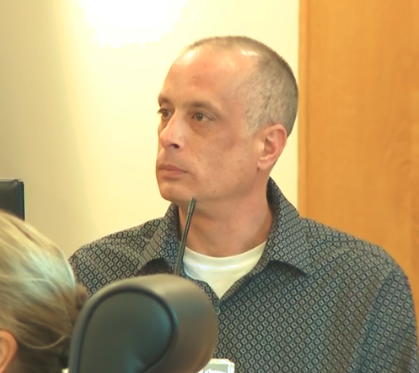InDepthNH.org takes no position on legislation, but welcomes diverse opinions.
An Open Letter from NH Criminal Justice Veterans and Murder Victim Family Members
Dear Governor Sununu,
In your statements of support for maintaining New Hampshire’s death penalty, you have consistently said you stand with crime victims, members of law enforcement and advocates for justice. As people who have lost loved ones to homicide, as members of the law enforcement community, and as advocates for justice, we appeal to you once more to sign the measure repealing the state’s death penalty.
First, we who understand homicide from our families’ experience testify that execution does not help us heal and certainly will not bring back our loved ones. In fact, studies show that very few families feel relief after an execution. The death penalty system instead compounds the trauma for families having to live through year after year of appeals. It also traumatizes those charged with carrying out executions. A judicial process that sends murderers to prison rather than the death chamber is speedier and provides the protection that society requires.
Second, there is no evidence that the death penalty protects law enforcement officers in New Hampshire. In comparison with all other New England states, none of which has the death penalty, New Hampshire has the highest police officer murder rate. The raw truth is that police officers expose themselves to risk on a daily basis. Executing killers after the fact will do nothing to mitigate the risk or restore the victims’ families to wholeness.
Those of us who have served in law enforcement or alongside those who dedicate themselves to public safety believe that police safety can be improved by providing more frequent training and better equipment, more officers on the street, more resources for drug, alcohol and mental health treatment, and an end to court backups.
Third, the death penalty does nothing to reduce incidents of murder in general. Over 200 studies to date show that the death penalty has no deterrent effect. Across the US, states without the death penalty have consistently lower murder rates. The truth is that those perpetrating crimes of passion never stop to think about consequences, while those pre-meditating murder do not believe they will ever be caught.
If justice is understood as a balancing of the scales, our state could do better for crime victims by increasing the amount of compensation they receive, providing funds for long-term treatment of their emotional trauma, providing a college education for any child of a murder victim, and so on. These are infinitely better uses for the nearly $6 million that New Hampshire has already spent on a single death penalty case.
Executing those who murder achieves nothing of value. It only succeeds in turning us into what we abhor. And it makes us complicit in a countrywide practice that is rife with inadequate representation, racial and economic bias, and prosecutorial corruption and error. That one in every ten who are put on death row in the U.S. are later exonerated should give all of us pause.
Already, 20 US states have abolished the death penalty, and many more are refusing to use it. All other developed Western nations have ended capital punishment. Conservatives and progressives alike are finding common cause to end this costly, biased, error-prone and inhumane practice. It’s time New Hampshire joins with the tide of history on this issue.
If HB 455 becomes law, New
Hampshire will punish those who are guilty of capital murder the same way as we
now treat those who commit first degree murder, that is with a sentence of imprisonment
for life without the possibility of parole.
In a state that boasts of its belief in living free, that is surely a severe
sanction, not an example of what you have called “leniency.” We urge you once more to sign HB 455 when it
reaches your desk.
Arthur Brennan, NH Superior Court Judge (retired)
John Lewis, NH Superior Court Judge (retired)
Walter Murphy, NH Superior Court Judge (retired)
Jean Burling, NH Superior Court Judge (retired)
Phil Runyon, Attorney; Circuit Court Judge (retired)
Gregory Smith, Attorney and former NH Attorney General
Phil McLaughlin, NH Attorney General (retired)
Barbara Keshen, Assistant NH Attorney General and Public Defender (retired)
Richard Van Wickler, Superintendent, Cheshire County Department of Corrections
Rep. Ray Gagnon, US Marshal (retired)
Bill McGonagle, Assistant Commissioner, NH Department of Corrections (retired)
Richard O’Leary, Deputy Chief, Manchester Police (retired)
Raymond Dodge, former Chief of Police, Marlborough
Paul L. Lutz, Lieutenant, Derry Police (retired)
John Breckenridge, former Manchester police officer
Ray Bilodeau, Clinical Director of NH District and Family Drug Court (retired)
Fred Robinson, Nashua police officer (retired)
Fintan Moore, former Keene police officer
Rev. Dr. Cynthia Morse, Parole Officer and Prison Chaplain (retired)
Murder Victim Family Members:
Rep. Renny Cushing, Hampton
Sen. Ruth Ward, Stoddard
Rep. Linda Harriott-Gathright, Nashua
Laura Bonk, Concord
Anne Lyczak, Plymouth
Julia Rodriguez, Durham
Andrea LeBlanc, Lee
Margaret Hawthorn, Rindge
Nancy W. Filiault, Meriden
Carol Stamatakis, Lempster
Arnie Alpert, Canterbury
Blake Allison, Lyme
Jonathan Cohen, Hopkinton
Breckie Hayes-Snow, Concord





